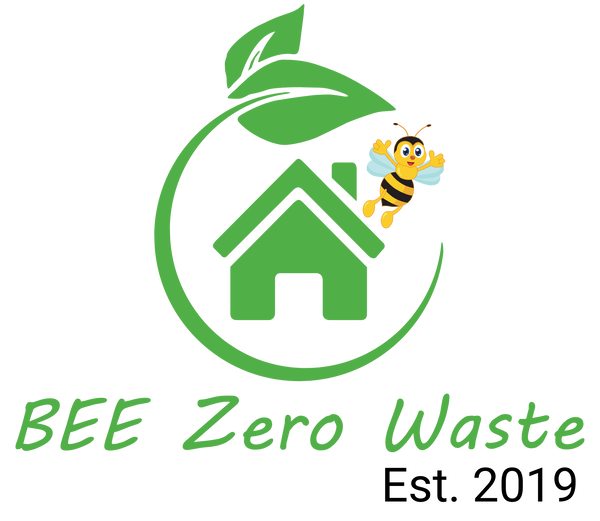The Ethical Side of Soap: How to Choose Cruelty-Free and Vegan Soap Bars
In today's conscious consumer market, the demand for products that align with ethical standards is higher than ever. Among these products, soap bars represent a daily necessity that has seen a significant shift towards cruelty-free and vegan options. This blog serves as a comprehensive guide to help you navigate the world of ethical soap bars, ensuring that your choice contributes to a kinder, more sustainable world.
Understanding the Terms: Cruelty-Free and Vegan
Before diving into the selection process, it's crucial to understand what cruelty-free and vegan mean in the context of soap bars. Cruelty-free products are those which have not been tested on animals at any stage of product development, while vegan soaps are formulated without any animal-derived ingredients, including common components like honey, beeswax, or lanolin. Choosing cruelty-free and vegan soap bars means taking a stand against animal cruelty and promoting a more sustainable and ethical approach to skincare.
Certifications and Labels to Look For
When shopping for ethical soap bars, certain certifications and labels can guide your decision:
- Leaping Bunny: Recognized internationally, the Leaping Bunny logo guarantees that no animal testing has been conducted or commissioned for the product and its ingredients.
- Vegan Society: The Vegan Society Trademark is a reliable indicator that a product is free from animal-derived ingredients.
- PETA Cruelty-Free: Products bearing the PETA Cruelty-Free bunny logo have been verified as not tested on animals.
- USDA Organic: While not specifically related to animal testing or vegan criteria, the USDA Organic certification ensures that ingredients are produced without synthetic chemicals, contributing to environmental sustainability.
Ingredients to Avoid
Familiarizing yourself with common animal-derived ingredients can further refine your ethical choices. Besides the obvious, such as gelatin (derived from animal bones) and lanolin (from sheep's wool), other ingredients to watch out for include:
- Stearic Acid: Often derived from animal fats, though plant-based alternatives exist.
- Casein: A protein found in milk, used in some creamy soap bars.
- Honey and Beeswax: Common in natural soaps but not vegan.
Supporting Ethical Brands
Choosing ethical soap bars goes beyond checking labels and avoiding certain ingredients; it's also about supporting brands that share your values. Many small businesses and artisan soap makers prioritize cruelty-free and vegan practices, not only in their products but in their operations and sourcing. By choosing these brands, you're not just purchasing a soap bar; you're supporting a philosophy that values animal welfare and environmental sustainability.
Making Informed Choices
In an age where information is readily available, making informed choices about the products we use daily is more accessible than ever. Researching brands, reading labels, and staying informed about certifications can empower you to choose soap bars that are kind to your skin, animals, and the planet.
Conclusion
The movement towards cruelty-free and vegan soap bars reflects a growing awareness and commitment to ethical consumerism. By choosing these products, you contribute to a market that values animal welfare and environmental sustainability. Remember, every purchase is a vote for the kind of world you want to live in. Let's choose kindness, one soap bar at a time.

